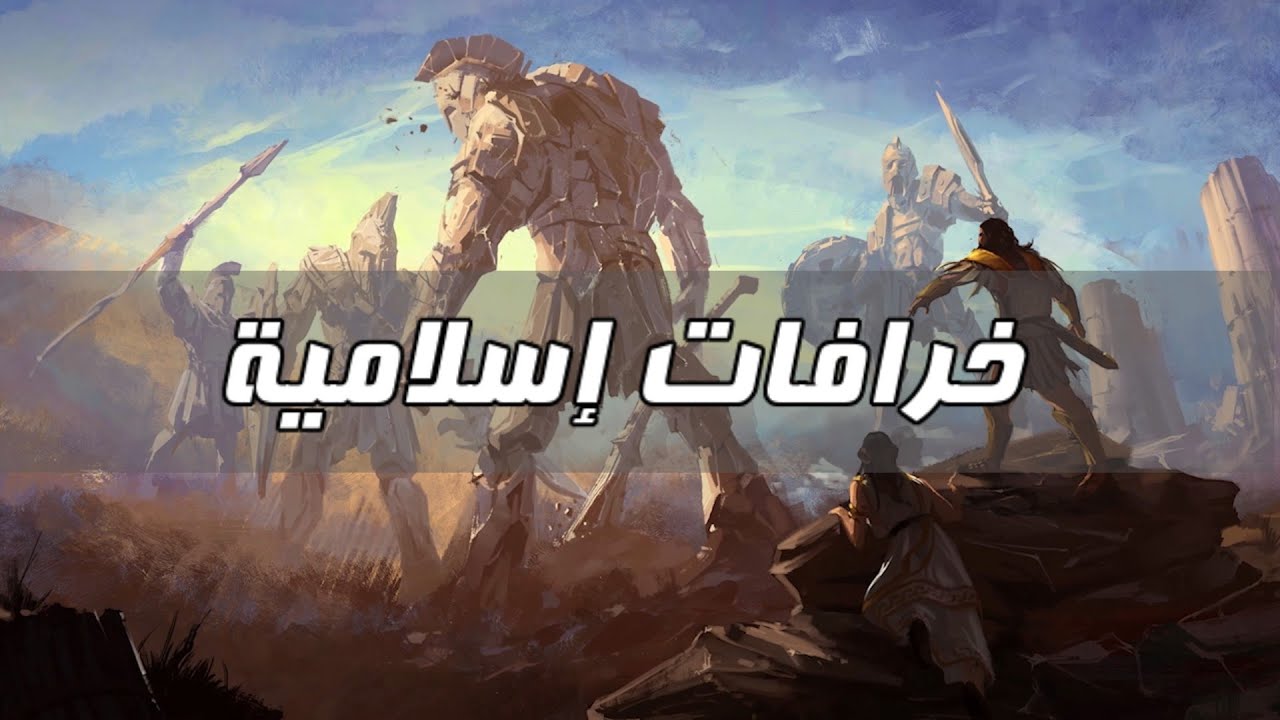Kenapa Nabi Golongan Manusia, bukan Malaikat ? | ust Dr Okrisal Eka Putra, Lc, M, Ag
Summary
TLDRIn this discussion, the speaker explores the significance of prophets being human rather than angels, emphasizing that this choice allows for relatable guidance in faith. The narrative illustrates that belief should stem from intellectual curiosity and understanding rather than fear. Historical examples of prophets, including Noah and Moses, highlight their challenges and human traits, reinforcing the message that divine guidance is accessible. The speaker encourages a balanced approach to worship, advocating for engagement with spirituality that reflects human experiences, ultimately portraying prophets as essential models for moral conduct and spiritual connection.
Takeaways
- 😀 The discussion centers around the significance of prophets being from humanity rather than angels, addressing a common question among Muslims.
- 😀 The approach to understanding this topic emphasizes intellectual reasoning and knowledge rather than fear or compulsion.
- 😀 Allah could easily send angels as prophets but chooses humans to foster a relatable connection with believers.
- 😀 Historical examples of prophets like Noah and Moses illustrate the challenges they faced in spreading their messages, often resulting in few followers.
- 😀 Many people embrace Islam through intellectual exploration and understanding, rather than through fear tactics or coercion.
- 😀 The preservation of Pharaoh's body serves as a testament to the Quran's truth and is used to illustrate signs for mankind.
- 😀 The role of prophets is to educate and demonstrate worship practices, serving as exemplars for humanity.
- 😀 Emphasis is placed on following the Sunnah of the Prophet Muhammad as a model for living a righteous life.
- 😀 Believers are encouraged to seek knowledge and maintain a balanced approach to worship, avoiding extremes.
- 😀 The argument concludes that humans are best suited to teach and guide other humans, as prophets reflect the human experience.
Q & A
Why are prophets chosen from among humans rather than angels?
-Prophets are chosen from humans to provide relatable guidance and to allow people to exercise free will in their faith, as opposed to simply following commands from beings like angels.
What does the speaker suggest about the nature of faith and belief?
-The speaker emphasizes that faith should come from understanding and personal conviction rather than fear or compulsion, highlighting the importance of free will in choosing to believe.
How does the speaker illustrate the historical context of prophets?
-The speaker references prophets such as Noah, Moses, and Jesus, noting their struggles with disbelief and resistance, which underscores the challenges of being a human prophet.
What role do prophets serve according to the speaker?
-Prophets serve to teach and exemplify worship, providing moral and ethical guidance while being relatable figures who share the human experience.
How do historical examples support the need for human prophets?
-Historical examples demonstrate that even with a divine message, many people resist belief; thus, having human prophets makes the teachings more relatable and credible.
What is the significance of human experience in the role of prophets?
-The human experience allows prophets to connect emotionally with their followers, making their teachings more impactful and applicable to everyday life.
How are moral lessons conveyed through prophets?
-Prophets convey moral lessons through their actions and teachings, serving as role models for ethical behavior and worship practices in the lives of believers.
What does the speaker mean by the term 'hujjah' in relation to prophets?
-The term 'hujjah' refers to prophets as arguments or proofs of the truth of Islam, indicating their essential role in validating the faith through their lives and teachings.
What cautions does the speaker mention regarding religious practice?
-The speaker cautions against excessive or extreme practices in religion, emphasizing the importance of moderation and the dangers of overzealous interpretations of faith.
What is the concluding message about the selection of human prophets?
-The concluding message highlights that the selection of human prophets is a divine strategy to guide humanity while allowing individuals the freedom to choose their paths in faith.
Outlines

Cette section est réservée aux utilisateurs payants. Améliorez votre compte pour accéder à cette section.
Améliorer maintenantMindmap

Cette section est réservée aux utilisateurs payants. Améliorez votre compte pour accéder à cette section.
Améliorer maintenantKeywords

Cette section est réservée aux utilisateurs payants. Améliorez votre compte pour accéder à cette section.
Améliorer maintenantHighlights

Cette section est réservée aux utilisateurs payants. Améliorez votre compte pour accéder à cette section.
Améliorer maintenantTranscripts

Cette section est réservée aux utilisateurs payants. Améliorez votre compte pour accéder à cette section.
Améliorer maintenantVoir Plus de Vidéos Connexes

The Proof That JESUS Was A MUSLIM | Khalid Yasin

Para Nabi dan Malaikat Dijaga dari Dosa - Kajian Kitab Aqidatul Awam (Eps 25)

How to be a good moslem part 2 ( Belief in the Angels)

لماذا تركت الإسلام - الحلقة 17 - خرافات إسلامية

Changing the meaning of 0 from 'nothing' to 'potential' imbues consciousness into the number system

Iman Kepada Malaikat Allah | Rukun iman kedua | Materi PAI
5.0 / 5 (0 votes)
